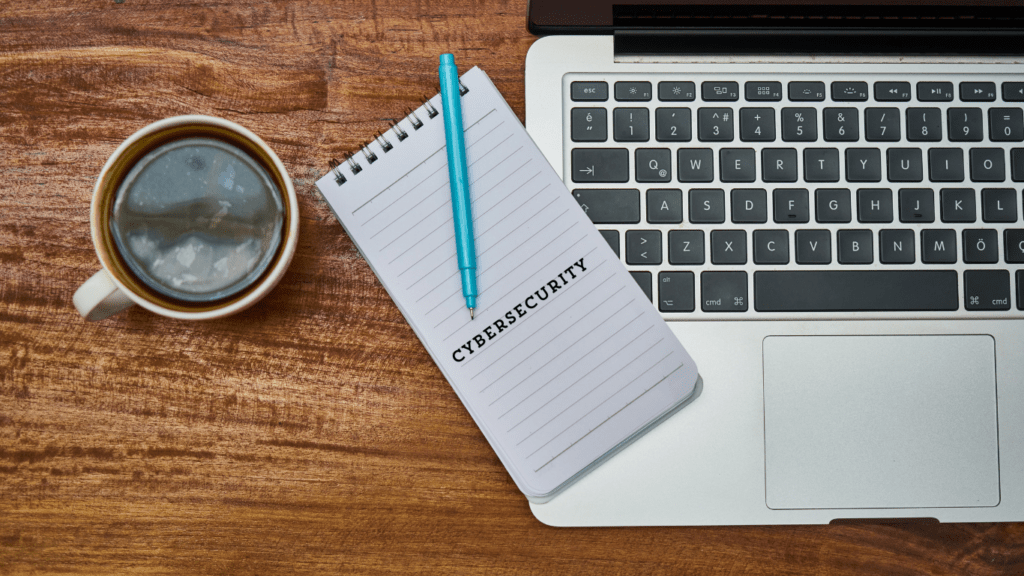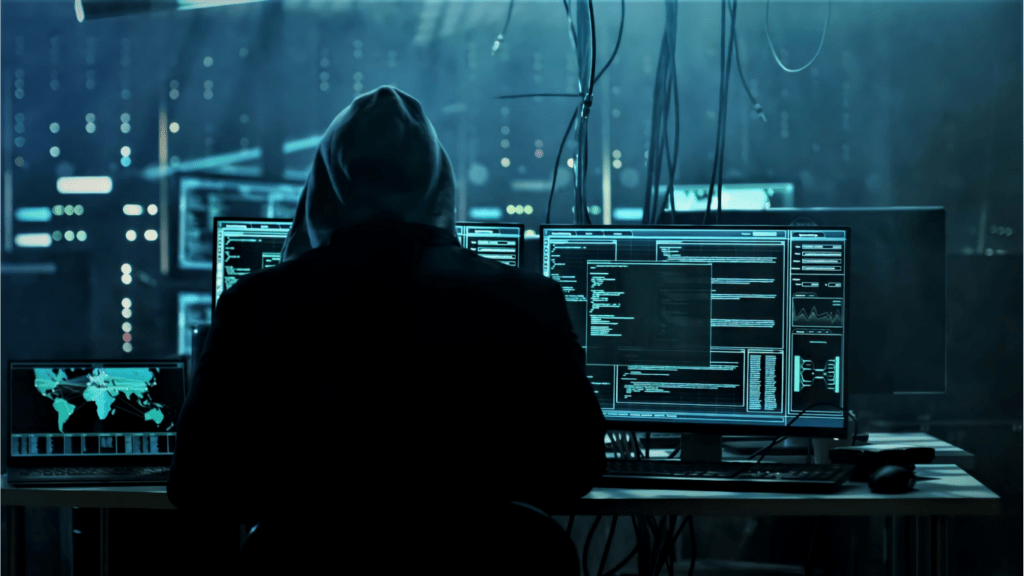Overview of the Cyberhack on Olympia Gaming
Olympia Gaming experienced a significant cyberhack affecting its Nevada operations. This incident highlights the pervasive risk of cyber threats even for advanced systems.
Impact on Nevada Operations
The cyberhack disrupted key operational activities. Gaming systems faced downtime, affecting game availability for patrons.
Financial transactions were delayed, impacting both revenue streams and customer satisfaction.
Sensitive data, including:
- personal financial information, was compromised
- raising concerns about identity theft and unauthorized access
Initial Response by Olympia Gaming
Olympia Gaming immediately implemented a containment strategy. The IT team isolated affected systems to prevent further spread.
External cybersecurity experts were consulted to assist with forensic investigations.
Communication protocols were activated, informing stakeholders about the breach and precautionary measures. Data backups were utilized to restore critical operations, prioritizing gaming systems and financial processes.
Cybersecurity Measures Pre-Hack

Olympia Gaming implemented several cybersecurity measures before the incident. These measures aimed to protect digital assets and ensure operational integrity.
Existing Protocols and Technologies
Olympia Gaming employed a multi-layered security approach, integrating advanced technologies and protocols.
- Firewalls monitored network traffic, while intrusion detection systems (IDS) provided real-time alerts.
- Antivirus software scanned for malware, and regular patch management ensured software stayed up to date.
- Encryption technologies safeguarded sensitive data, using both in transit and at rest methods.
- The organization also enforced strong password policies, requiring complex credentials that changed regularly.
Previous Security Incidents
Before the recent cyberattack, Olympia Gaming faced minor security breaches. These incidents mostly involved phishing attempts and malware infections.
In one instance, a phishing email compromised a few employee accounts. The organization quickly responded, boosting their phishing awareness training.
Another incident involved a malware infection contained by antivirus defenses.
These events led Olympia to fine-tune their cybersecurity protocols, although they still faced vulnerabilities highlighted by the recent hack.
Response Strategies to the Cyberhack
Olympia Gaming’s response to the cyberhack involved immediate actions and longer-term security enhancements to safeguard their Nevada operations.
Immediate Actions Taken by Olympia Gaming
Olympia Gaming quickly activated its incident response plan. The IT team isolated affected systems to prevent further spread.
They notified relevant authorities and engaged cybersecurity experts to analyze the breach. Customer and employee data were prioritized, and notifications were sent out detailing protective steps.
Several communication channels were established to provide updates. Temporary systems were deployed to maintain essential services. They reset passwords and strengthened access controls immediately.
Long-Term Security Improvements
Olympia Gaming invested in advanced threat detection systems. They integrated AI-driven solutions to identify anomalies in real-time.
Regular security audits became mandatory, and an external cybersecurity firm was contracted to assess vulnerabilities.
Employee training programs were revamped to emphasize phishing prevention and data protection. Collaboration tools were scrutinized, and encrypted communication protocols were implemented.
A comprehensive review of third-party vendor policies ensured tighter security standards.
Implications for the Gaming Industry
The Olympia Gaming cyberhack has significant implications for the broader gaming industry. This event has led to several important industry-wide policy changes and valuable lessons for other gaming companies.
Changes in Industry-Wide Policies
Cybersecurity policies across the gaming industry are changing due to the Olympia Gaming cyberhack. Regulatory bodies are now mandating more stringent cybersecurity measures.
Companies must implement robust security frameworks, including advanced threat detection and response systems.
Compliance now includes regular audits and external assessments to ensure adherence to updated cybersecurity standards.
Lessons for Other Gaming Companies
Other gaming companies can learn several critical lessons from Olympia Gaming’s experience. Prioritizing cybersecurity is vital.
Investing in cutting-edge technologies, such as AI-driven solutions, helps detect and neutralize threats swiftly.
Employee training programs on recognizing phishing attacks and maintaining strong password policies are essential. Collaboration tools need rigorous scrutiny, ensuring secure communication standards are maintained.
Finally, reviewing third-party vendor policies ensures security gaps are minimized.
By understanding these implications, the gaming industry can better protect itself against future cyber threats.


